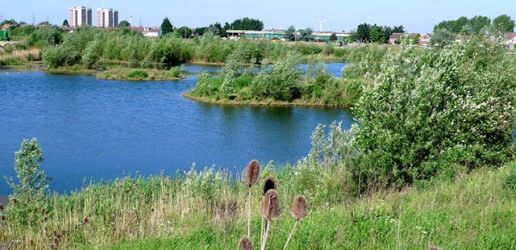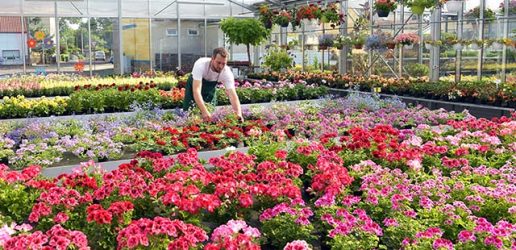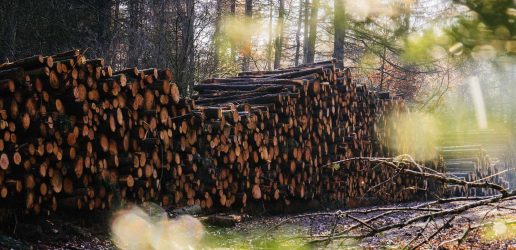On 6th June Lord Gardiner, Parliamentary Under Secretary of State for Rural Affairs and Biosecurity, launched a Strategy for UK Forest Genetic Resources at the Future Trees Trust’s Supporters Day at Kew’s Millennium Seed Bank at Wakehurst. The Strategy has been published by Kew in collaboration with the Centre for Ecology & Hydrology, Forest Research, Future Trees Trust and Woodland Trust.
Genetic diversity, which is variation in DNA among individuals of the same species, is essential to help tree species survive in the face of climate change and new pests and diseases. It is also a valuable national resource that may be used for producing trees with better productivity or disease resistance in the UK climate.
Produced over a period of two years, and following consultation with a wide range of stakeholders, the Strategy identifies the gaps in knowledge and infrastructure that must be addressed if we are to protect the UK’s Forest Genetic Resources (FGR). It prioritises five areas for action:
- Collaboration – building a national forum for sharing information and knowledge on FGR
- Communication – promoting understanding of the value of FGR for trees and people
- New research on where, how much and what type of genetic diversity we have in our trees.
- In situ protection: new conservation action to protect distinct populations of trees
- Ex situ protection: making sure seed from distinct populations of all our tree species are collected and protected, and conservation stands are planted for species whose seeds do not last well.
The Strategy itself is just the start. Next steps are to develop an action plan for taking forward the vision and priority actions outlined in the Strategy.
Recent News
View All news
New land regeneration resources for creating green spaces on previously used land now available
The new resources bring together the latest learnings on land regeneration and climate change, and optimal soil thickness for planting on previously used land.

New national survey launched to strengthen plant pest and disease detection across UK horticulture
UK horticulture and landscaping businesses invited to take part in survey to strengthen non-native plant pest and disease detection and reporting.
Forestry and timber businesses across the UK are being asked to take part in an annual survey programme to collect data about the UK timber industry.

New land regeneration resources for creating green spaces on previously used land now available
The new resources bring together the latest learnings on land regeneration and climate change, and optimal soil thickness for planting on previously used land.

New national survey launched to strengthen plant pest and disease detection across UK horticulture
UK horticulture and landscaping businesses invited to take part in survey to strengthen non-native plant pest and disease detection and reporting.
Forestry and timber businesses across the UK are being asked to take part in an annual survey programme to collect data about the UK timber industry.

